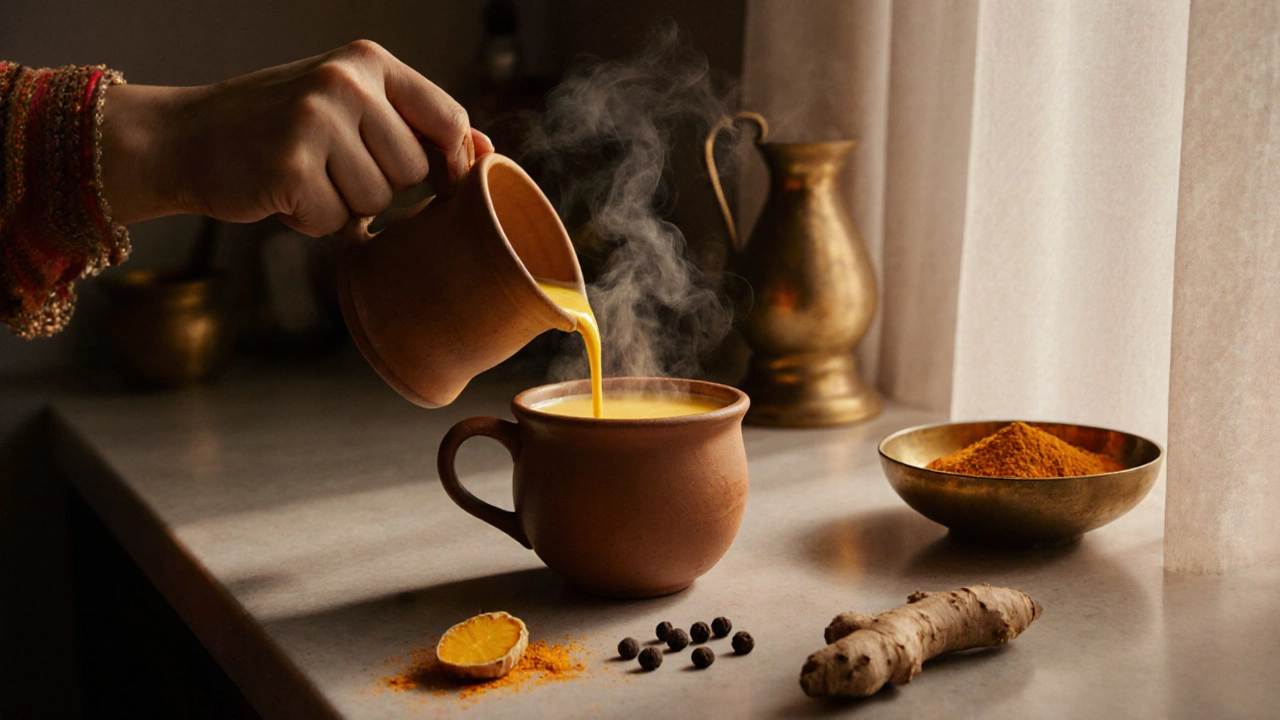Ashwagandha Daily Use: Benefits, Risks, and What Experts Say
When you hear ashwagandha, a traditional Ayurvedic herb used for over 3,000 years to reduce stress and boost energy. Also known as Withania somnifera, it's one of the most studied adaptogens in modern wellness circles. People take it daily to handle stress, sleep better, or even improve muscle strength—but is it right for you? Not everyone benefits the same way, and some should avoid it entirely.
adaptogen herbs, natural substances that help the body manage stress without overstimulating like ashwagandha work differently than caffeine or prescription drugs. They don’t force your body to change—they help it find balance. That’s why many users report feeling calmer, not wired. But this also means effects are subtle and build over weeks, not hours. If you’re expecting instant results, you might get disappointed. And if you’re on thyroid meds, immune suppressants, or have autoimmune conditions, ashwagandha could interfere. Always check with a doctor first.
ashwagandha dosage, the amount you take daily determines whether it helps or harms is a big deal. Most studies use 300–600 mg of root extract per day, taken with food. Going higher doesn’t mean better results—it just raises your risk of stomach upset, drowsiness, or hormonal shifts. Women trying to get pregnant or who are pregnant should skip it. Men might see a boost in testosterone, but that’s not a reason to start without knowing your baseline levels. It’s not a magic pill. It’s a tool, and like any tool, it’s only safe when used correctly.
What you’ll find in the posts below isn’t marketing fluff. These are real questions people asked: Can ashwagandha help with anxiety? Is it safe to take with other supplements? Why did someone’s thyroid levels change after a month? You’ll see what actually happened—no sugarcoating. Some users swear by it. Others had side effects they didn’t expect. And one person stopped taking it after realizing it made their insomnia worse. The truth? Ashwagandha daily use works for some, but only if you match it to your body—not a TikTok trend.





